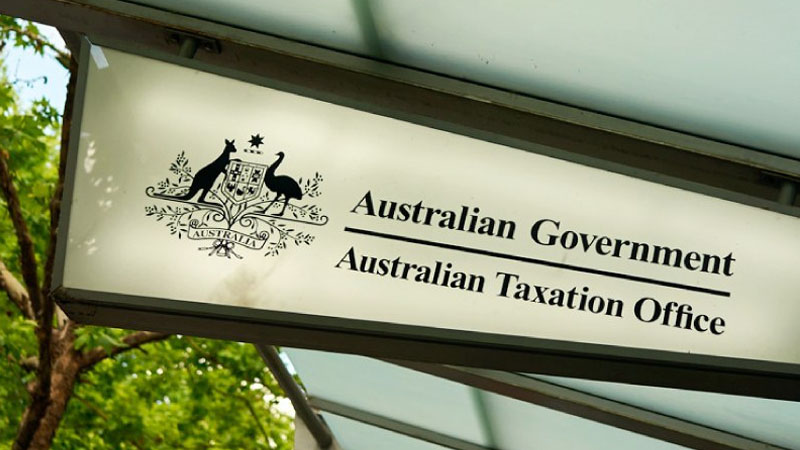ATO reports back on auditor compliance programs
The ATO has reviewed over 80 SMSF auditors through its top 100 and high-risk auditor program in the 2019–20 financial year, referring 25 of these auditors to ASIC.
During the 2019–20 financial year, the ATO reviewed 24 SMSF auditors as part of its top 100 auditors program and 60 auditors as part of its high-risk auditor program.
ATO SMSF auditor portfolio director Kellie Grant said the ATO selects high-risk auditors where its data or intelligence indicates an inability to identify reportable contraventions; high volume, low ACR ratios; and high volume, low-cost audits. It also selects auditors where its data has identified potential independence breaches.
Out of the 60 high-risk auditors reviewed during the 2019–20 financial year, 21 were referred to ASIC, Ms Grant said, speaking at the SMSF Association Technical Day.
A total of 875 high-risk auditors have been reviewed since 1 July 2013, with 164 of these auditors referred to ASIC.
Out of the 24 auditors reviewed as part of the ATO’s top 100 auditor program, only four have been referred to the corporate regulator.
One of the reasons for auditors being referred to ASIC, Ms Grant said, was failure to comply with the auditor independence standards. Some of these failures include using only one referral source, auditing a relative’s or business partner’s fund or preparing the financial statements for the same fund they audited.
Auditors were also referred for having insufficient documentation or evidence in their audit files to substantiate their audit opinion and failing to properly evaluate evidence documented in the audit file.
Other reasons included a lack of knowledge of the SISA and SISR, lack of engagement and trustee representation letters, lack of audit plans, insufficient CPD and unsigned financial statements.
“What we find is that the failure to obtain sufficient or appropriate evidence by an auditor is the most common reason we refer an auditor to ASIC,” Ms Grant said.
“Where we do find evidence in the audit file there just isn’t enough documentation or notes to show that they evaluated that evidence in order to support their opinion. We can’t stress that enough, you must obtain that evidence and evaluate that evidence and then we can be satisfied that you’re doing a proper and adequate audit.”

Miranda Brownlee
Miranda Brownlee is the deputy editor of SMSF Adviser, which is the leading source of news, strategy and educational content for professionals working in the SMSF sector.
Since joining the team in 2014, Miranda has been responsible for breaking some of the biggest superannuation stories in Australia, and has reported extensively on technical strategy and legislative updates.
Miranda also has broad business and financial services reporting experience, having written for titles including Investor Daily, ifa and Accountants Daily.


